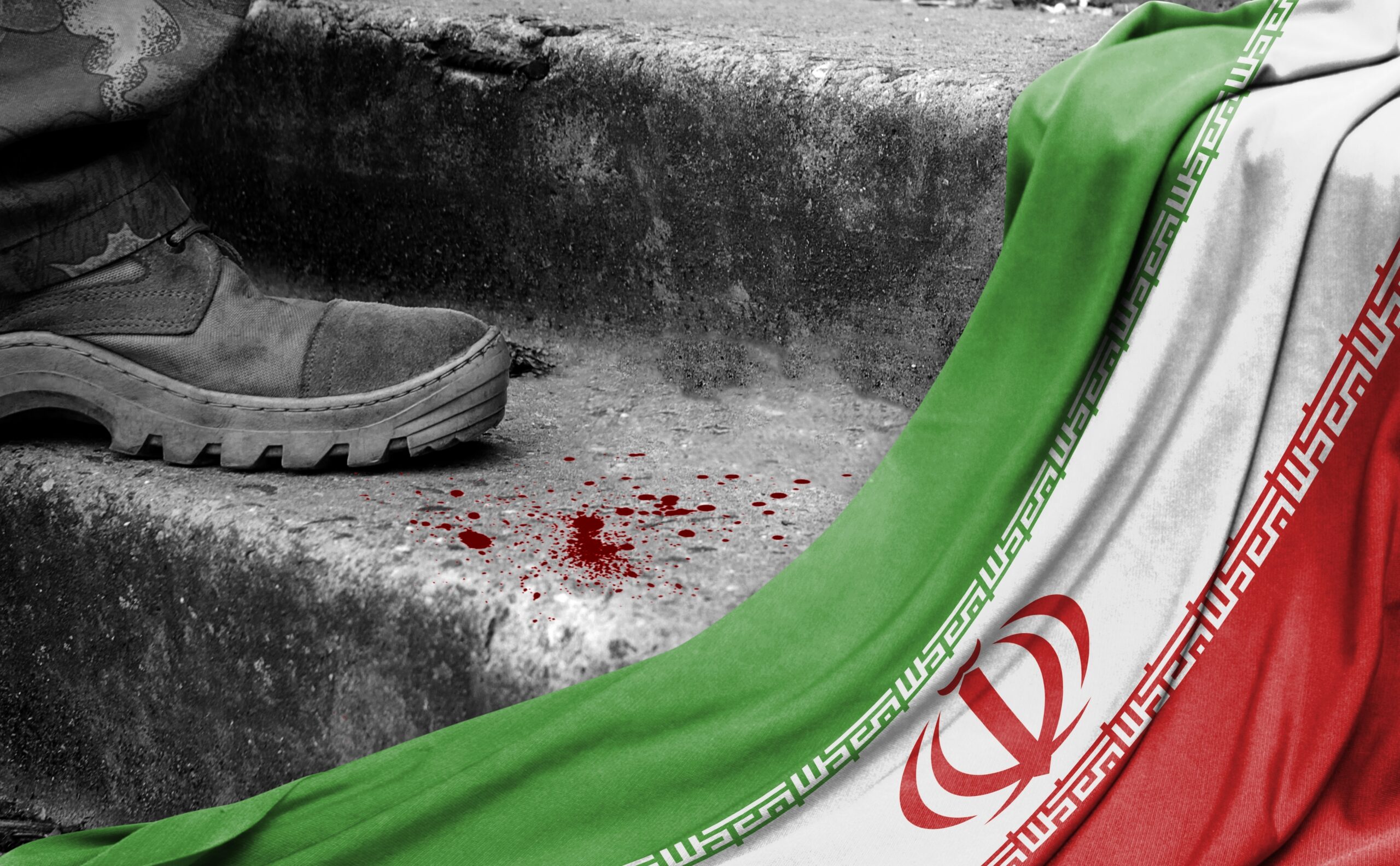The sudden death of Iran’s President Ebrahim Raisi has plunged the nation into a state of uncertainty. Raisi, seen as a potential successor to the Supreme Leader, was killed in a helicopter crash, leaving Iran’s political landscape in turmoil.
Immediate Power Transition
In the wake of Raisi’s death, power has been transferred to Mohammad Mokhber, Raisi’s vice president, who was approved as acting president by Supreme Leader Ayatollah Ali Khamenei. Sanam Vakil of Chatham House noted Mokhber is “close to the IRGC, close to the levers of power,” and is expected to maintain a “business as usual” approach. Despite this, the country is legally required to hold elections within 50 days, a process likely to be hastily organized with poor voter turnout. As Trita Parsi of the Quincy Institute stated, “The population has by and large lost faith in the idea that change can come through the ballot box.”
Challenges Facing the Elections
The upcoming elections are anticipated to see minimal participation, mirroring the record low turnout in March’s elections for parliament and the Assembly of Experts. This election also excluded more moderate politicians, further solidifying the hardline control. Parsi pointed out, “Real alternatives to Iran’s hardliners have simply not been allowed to stand for office in the last few elections.”
Long-Term Implications and Succession Crisis
Raisi’s death has intensified the already opaque discussions about who will succeed the aging Supreme Leader, Ayatollah Ali Khamenei. Karim Sadjadpour from the Carnegie Endowment for International Peace called it “a succession crisis in Iran.” The Assembly of Experts, responsible for selecting the Supreme Leader, has become increasingly hardline, making the process even more contentious. Some speculate about Khamenei’s son, Mojtaba, as a potential successor, though this would significantly shift from the republic’s principles.
Impact on Foreign Relations
Raisi’s tenure saw a significant shift in Iran’s foreign relations, including a rapprochement with Saudi Arabia. However, his death will unlikely alter the regime’s foreign policy, which the Supreme Leader controls. Mohammad Ali Shabani, editor of Amwaj.The media emphasized, “We will see continuity in how Iran approaches the regional files and collaboration with regional allies.”
Potential for Change in the Upcoming Election
Despite the hardline dominance, some experts believe the upcoming election could be a turning point. Shabani highlighted that the Supreme Leader values voter turnout as a measure of legitimacy. “If the Supreme Leader chooses to use these early elections as a watershed moment to open up the political space, to get people to vote again, that could be a massive game-changer.”
Iran’s political future remains uncertain following Raisi’s death. With immediate power transferred to Mokhber and elections on the horizon, the country faces a critical juncture that could reshape its political and social landscape.





















